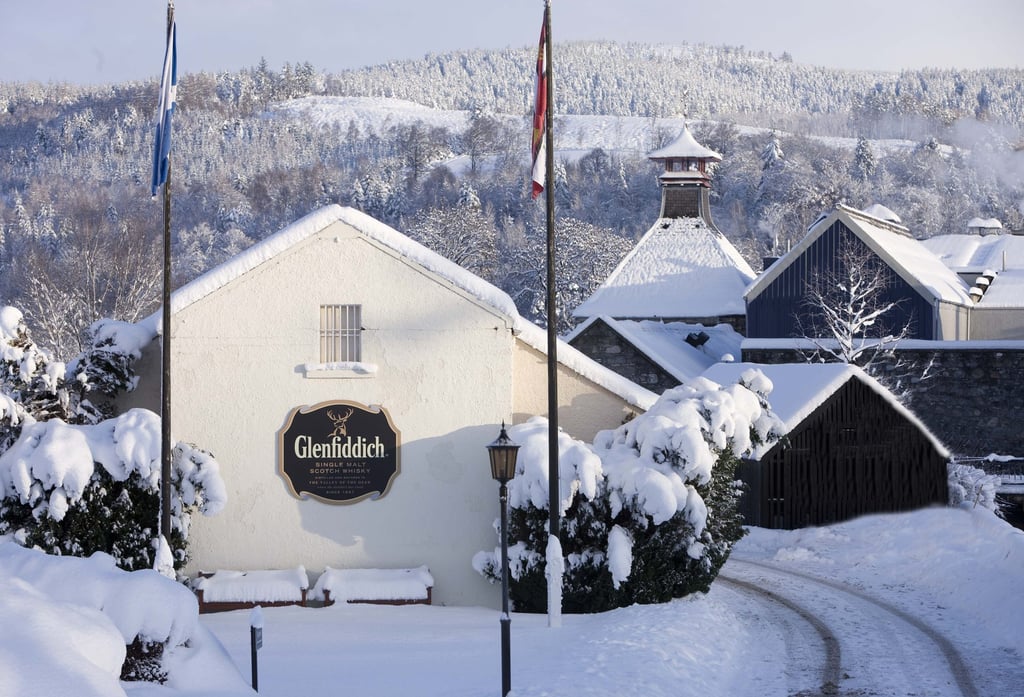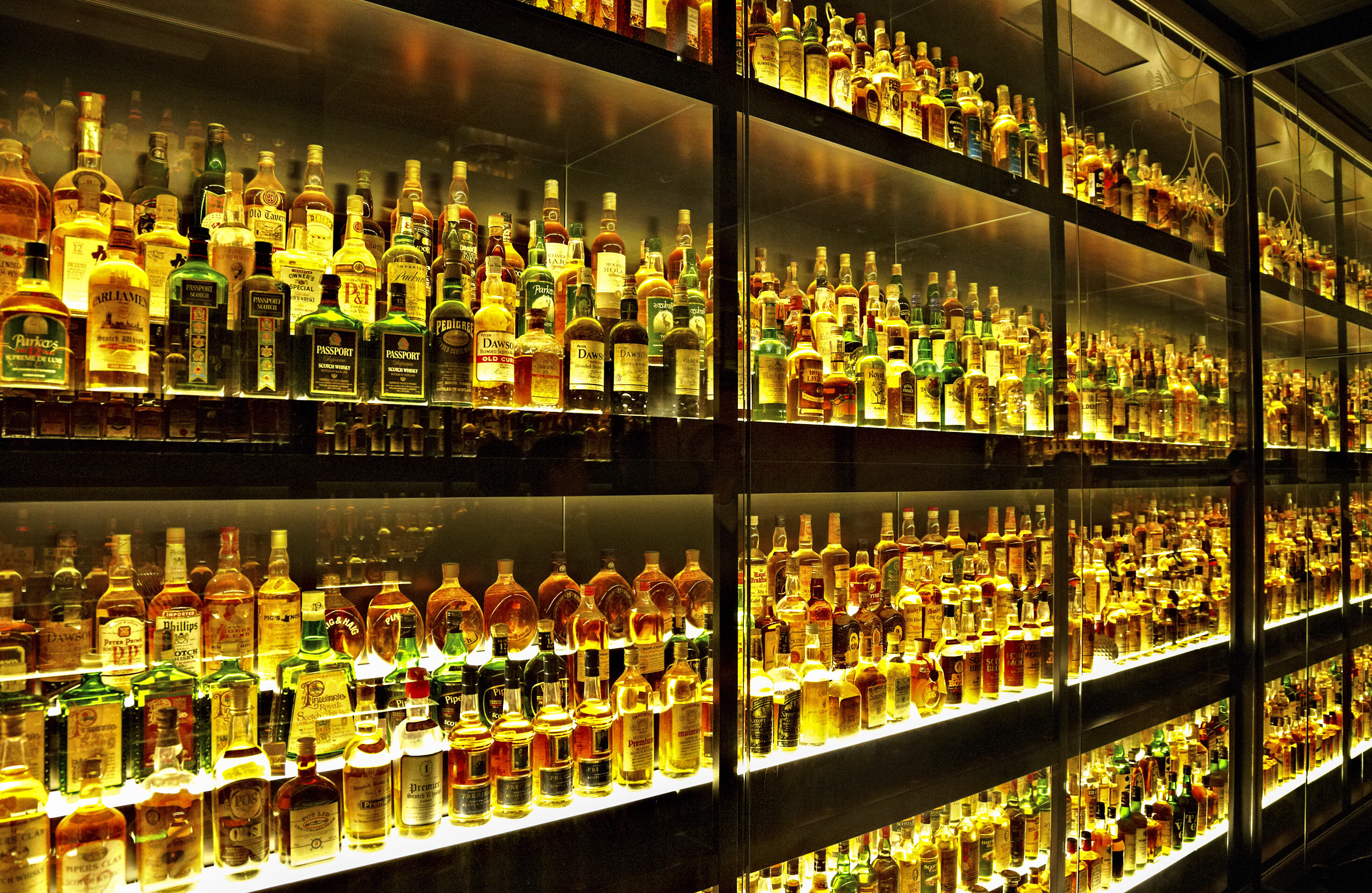Explainer / Does a whisky’s age really matter? Barrel-aged Scotch is standard for brands like Macallan and Glenlivet, but the practice only took off in the mid-19th century …
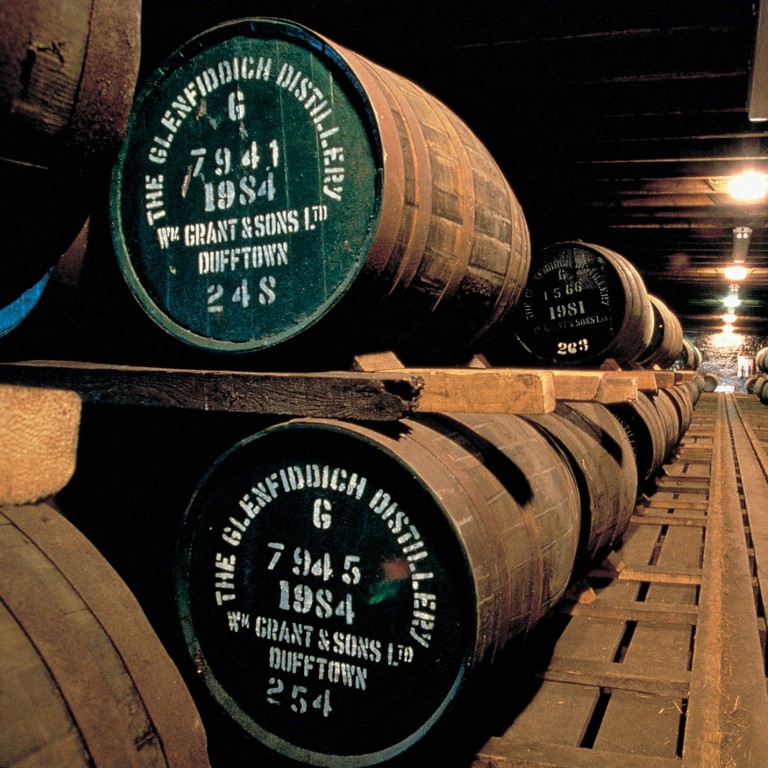
- Modern distillers like America’s Lost Spirits sparked controversy for claiming they could condense a 20-year ageing process into just one week
- Single malts have grown in popularity – Gordon & Macphail’s 80-year-old Glenlivet is the world’s oldest single malt and was auctioned in Hong Kong this year
It wasn’t always this way. Scotland’s oldest extant distilleries date back to the 18th century. In those days, whisky was consumed quite young or even immediately off the still. There were plenty of barrels around for storing whisky in, but they were used for other purposes such as for holding fish – which would hardly have enhanced the flavour of Scotland’s “Water of Life”. The concept of ageing was alien at the time.
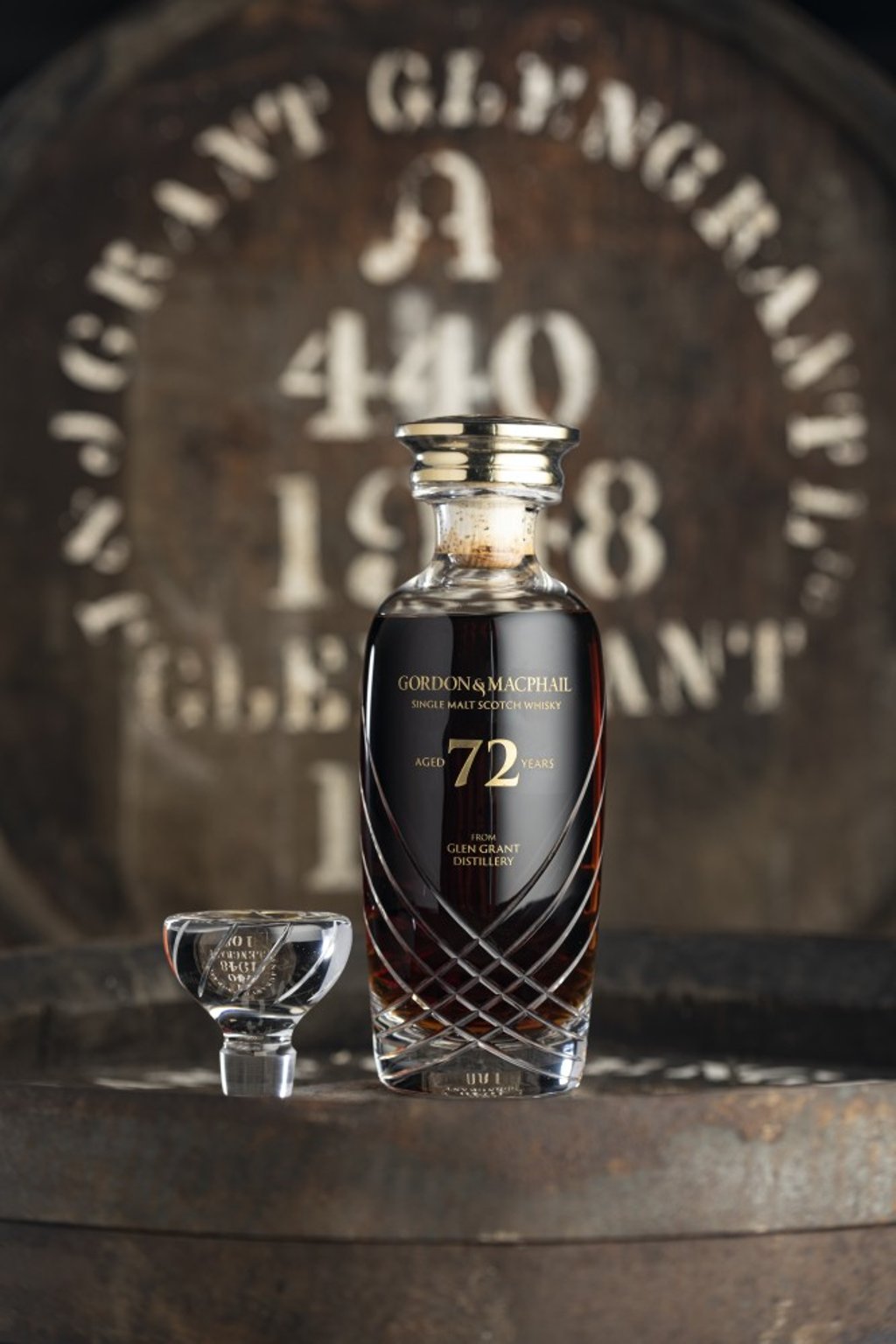
All of this changed in the mid-19th century when France’s vineyards were struck by grape phylloxera, a tiny insect that stunts or kills vines. Not only did this destroy supplies of wine but, in a knock-on effect, also wiped out Europe’s stock of cognac. The continent’s well-to-do began searching for a new tipple of choice. Initially, they settled on Spanish sherries. As empty sherry casks began to pile up, Scottish whisky distillers bought these suddenly cheap commodities and put them to use to store their own product.
The results were a revelation. It was quickly apparent that storing whisky in these sherry casks greatly improved the flavour of the product. Over a longer period, it became obvious that the more time a whisky spent in one of these casks, the more the flavour improved. Thanks to this discovery, whisky would become the spirit of choice for Europe’s aristocracy by the late 19th century.
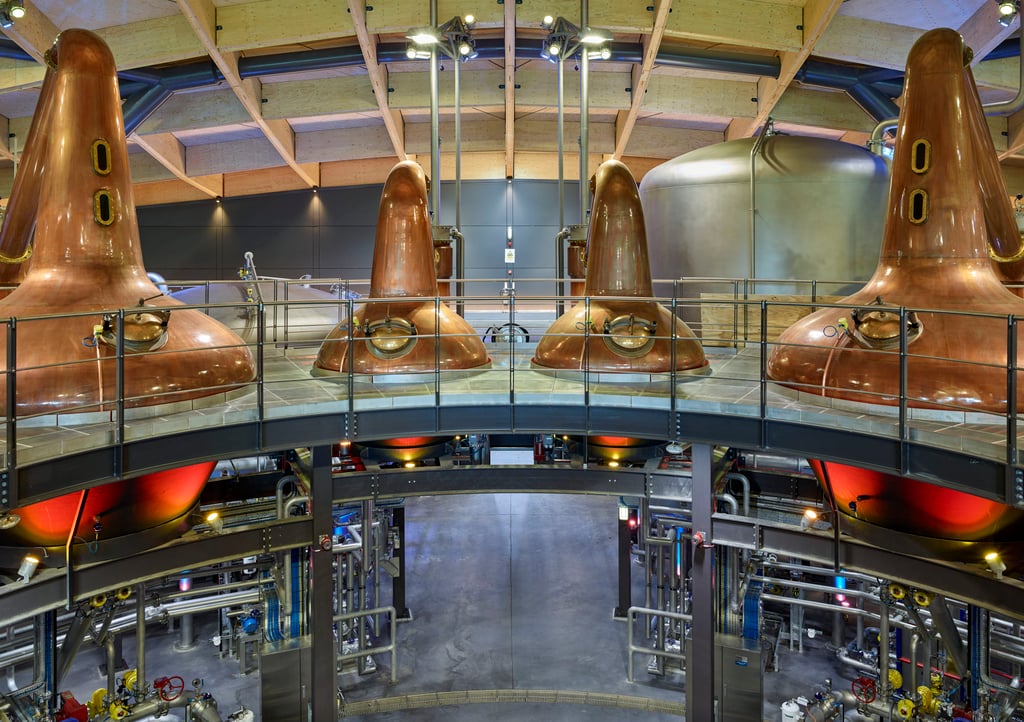
However, the perception that older automatically means better is not necessarily true. “Certainly a whisky might be richer or more complex with increased time in barrel, equally it might not be,” says Struan Grant Ralph, global brand ambassador for Glenfiddich. “So much depends on the quality of the wood, its source, and the activity of the actual oak casks, which can be depleted after decades of use.”
